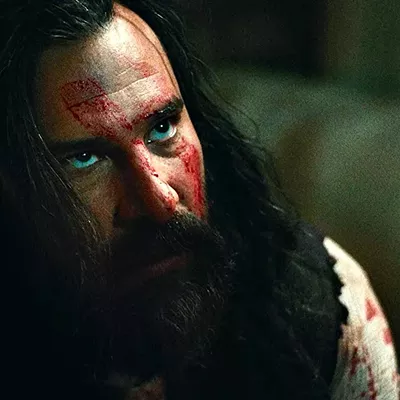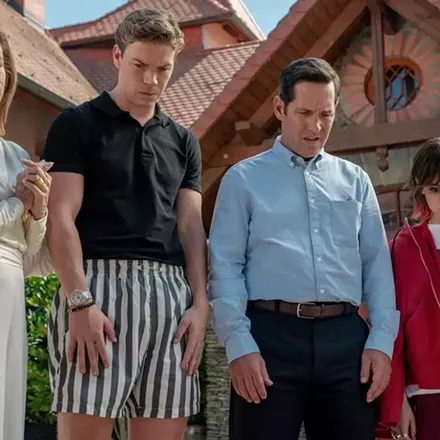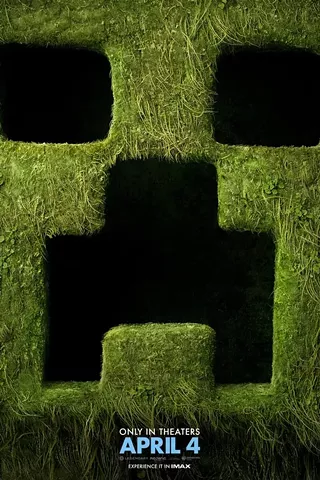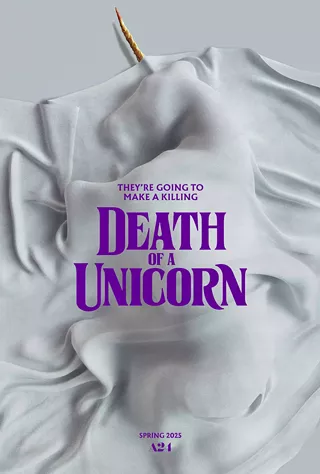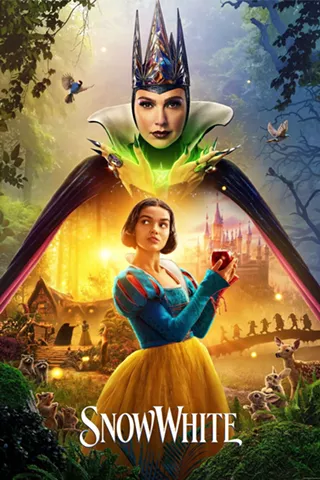Still, I have to say that this movie made me feel like I was having my head held underwater by a Mossad agent while Hamas operatives slowly sawed off my feet: It was uncomfortable, but I was glad to know that these people were finally working together.
Still, whatever, I'm not going to love an Adam Sandler film. That doesn't mean it isn't a good film by the standards of, say, an Adam Sandler film. In fact, it's the funniest film Adam Sandler has made in many years. But the basic plot concept is so inherently unfunny that it's either a miracle that he pulled it off, or an exercise in political naïveté and bad taste.
Sandler plays Zohan, an Israeli counterterrorism specialist, and this is where the laughs become difficult. The Israeli military is not exactly known for its enlightened treatment of Palestinians, and the Palestinian resistance fighters aren't exactly known for their measured and reasonable response to this maltreatment. So, basically, Sandler and company are trying to get laughs out of one of the least-funny situations on Earth. It worked for Hogan's Heroes, so it's not unprecedented, but that hardly means it's a good idea.
The film starts with a series of jokes about hummus, the hirsuteness of Middle Easterners and the way people in the Levant dress and dance like coked-up Americans from the late '70s. After some zany fun wherein Zohan and some Palestinians try to kill each other, the movie acquires its central comedic conceit: Zohan is tired of all the fighting, and he wants to come to America to be a hairdresser. Which is hilarious, because Zohan is a manly man of violent punching, and hairdressing is sort of gay, or, as his father says, "So you're a faggeleh?"
To be fair to Mr. Sandler, while he indulges in juvenile humor, he has a very mature sense of personal politics. I've never found his films to be stupidly racist or sexist or homophobic. I think Big Daddy was the first mainstream, middle-brow comedy in which two men kissed, and it wasn't played for laughs. In fact, it was the homophobic response to this by the other characters that was seen as ridiculous.
And in Zohan, he continues to promote the basic sense that people who aren't quite as white or straight or male as he is are, nonetheless, people in the fullest sense. But Sandler wrote Zohan with Robert Smigel (of TV Funhouse) and Judd Apatow. I have no beef with Smigel: He's funny in a mean way, and he misfires a lot, but he's a generally creative individual. Apatow is, no doubt, the funniest of this bunch. But he's an unselfconsciously insipid sexist. His films all feature two-dimensional female characters whose main purpose is to restrain the fun of the invariably white, male characters. He's basically the opposite of Sandler.
And yet he didn't bring his misogyny to this film. It's certainly male-centric, and it's a comedy for teenage boys, but female characters actually get some laugh lines, and at no point do they act as stern, alien voices of restraint. In fact, in a nice twist, the women actually encourage some of the zaniness.
When Zohan comes to New York, he's taken in by a nebbishy young man (Nick Swardson) and that young man's 50-something mom, Gail (Lainie Kazan). To show his gratitude, he provides sexual services to Gail. We get to see a lot of Sandler's pudgy man-butt, as well as Kazan's middle-age lady-butt. He makes jokes; she makes jokes. She's certainly not pretty in a conventional sense, but she's also not used as the butt of jokes; in fact, she gets some of the best lines in film.
Zohan then begins working at the hair salon of beautiful Palestinian émigré Dalia (Emmanuelle Chriqui). Their relationship is like the Camp David Accords, only with a lot of jokes about pubic hair. While Zohan and Dalia fall in love, their neighborhood, a mixed Palestinian/Israeli immigrant area, is being block-busted by some evil white men.
Ultimately, the Israelis and the Palestinians must team up to fight against the racist Americans, and the real evil is shown to be not the Palestinians' attacks on civilians or the Israelis' use of torture, but the racism of American rednecks.
Whatever. It's simplistic, and it ignores the specifics of all the conflicts involved, but Sandler's heart is in the right place. He just wants people to get along and to laugh at hummus. Is that so wrong?

